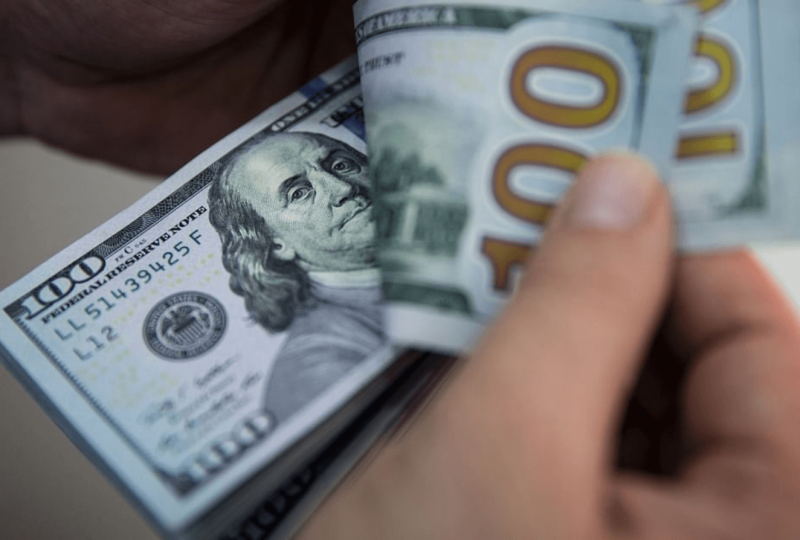The Yen Had Its Worst Drop In 20 Years. Why It Could Help Japanese Stocks
Mar 29, 2022

Japan is not under attack by Russia's forces. However, judging by the value of the Japanese yen, you might think so.
Haruhiko Kuroda, the governor of the Bank of Japan, is the primary mover and shaker. He is being steadfastly dovish on interest rates while the Federal Reserve begins a rate hike cycle and the European Central Bank cautions that it may follow suit. Japan's low interest rates keep its currency weak, making Japanese exports such as automobiles and consumer electronics more competitive in other nations.
"There has been no change in my opinion that a weak yen is typically beneficial to the Japanese economy," the 77-year-old central banker told lawmakers late last week.
But everything has a limit, at least for an export giant with a current account surplus of about $125 billion last year. According to Edward Al-Husseini, senior currency analyst at Columbia Threadneedle Investments, investors who are short the yen are likely to look for opportunities to recover some of their losses. If investors close out their short positions, they need to purchase yen, implying that the yen should climb at value or at the very least stabilize.
"In a month, you've gotten four or five years of performance out of the yen," he comments. "You're meant to conclude that transaction and move on to the next."
Citigroup data backs up this claim. In the week ending March 25, short positions in the yen fell by half, from -6 to -3 on their scale. According to Citi economist Scott Dingman, "there are some signals that hedge funds and real money are cutting short JPY holdings."
Kuroda is dealing with a different market than Jerome Powell and his colleagues at the Fed. Japan just recently emerged from deflation, with an inflation rate of less than 1%. In the United States, inflation is near 8%. As a result, a milder stance from the BoJ seems logical.
A weak yen may be beneficial to Japan, especially the Japanese equity market, where the top names are export behemoths such as Toyota Motor and Sony Group.
"Japanese equities favor a weak yen," comments Michael Kelly, managing director of PineBridge Investments' multi-asset division. Stocks have clearly outperformed the currency. Despite storm-force yen headwinds, the iShares MSCI Japan exchange-traded fund has climbed 5% in the last two weeks. This might foreshadow a further surge when the currency bottoms out, or it could not.
Russia's campaign in Ukraine has had an impact on Japan. Prices for its imports of energy, food, and commodities have all risen, risking inflation of 3% or higher for the first time in decades. Shortfalls of palladium (Russia is the world's largest producer) and other metals, according to Kelly, may wreak unprecedented chaos on supply chains for the vital car sector.
China's continuous public health and economic difficulties may have an impact on Japanese exports of all types. "We're still overweight the dollar and underweight both the euro and the yen," Kelly adds. No one believes Kuroda, whose second five-year term ends in April 2023, to shift course. "Whoever comes in next," Al-Hussainy continues, "may undertake a complete reconsideration."
Until then, Kuroda should be able to have the weak yen he wishes. Perhaps not as weak as it is now.




